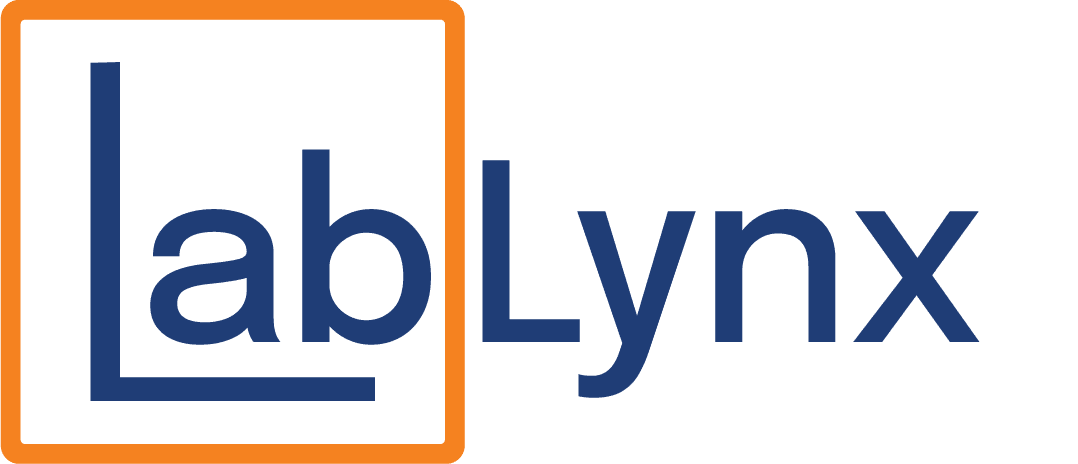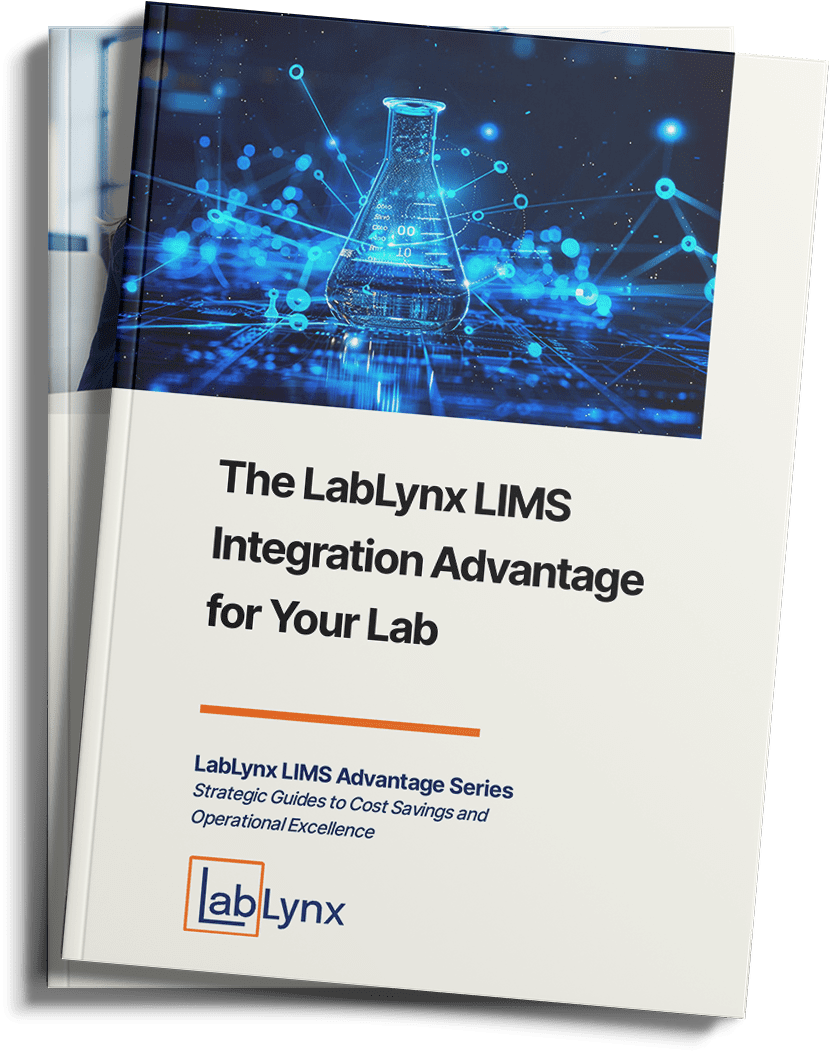Revolutionizing Laboratory Data Management with Deep Learning and LIMS Integration
In today’s data-driven laboratory environment, the integration of deep learning with Laboratory Information Management Systems (LIMS) represents a transformative shift towards more intelligent, efficient, and predictive data management practices. LabLynx, a leader in the LIMS industry, is pioneering this integration, leveraging deep learning technologies to enhance LIMS functionalities, streamline laboratory operations, and unlock new insights from complex datasets. This article explores the pivotal role of deep learning within LIMS and how LabLynx is at the forefront of this innovative intersection.
The Power of Deep Learning in Laboratories
Deep learning, a subset of artificial intelligence (AI), involves training computer systems to recognize patterns, make decisions, and predict outcomes based on large datasets. In the context of LIMS, deep learning can be applied to a variety of tasks, from automating data analysis to predicting laboratory outcomes and optimizing workflows. This technology’s ability to learn and improve over time offers laboratories a powerful tool for enhancing accuracy, efficiency, and decision-making processes.
Enhancing LIMS Capabilities with Deep Learning
Integrating deep learning into LIMS solutions like those provided by LabLynx transforms laboratory data management in several key ways:
- Automated Data Analysis: Deep learning algorithms can automatically analyze vast amounts of laboratory data, identifying patterns, anomalies, and trends that might be missed by human analysts. This automation not only speeds up data analysis but also enhances its accuracy, providing laboratories with more reliable insights.
- Predictive Maintenance: By analyzing historical equipment data, deep learning models can predict when laboratory instruments are likely to fail or require maintenance. This predictive capability allows laboratories to proactively address equipment issues, minimizing downtime and maintaining consistent operational efficiency.
- Enhanced Quality Control: Deep learning can improve quality control processes by continuously learning from data generated during laboratory operations. This ongoing learning process enables the detection of quality issues more quickly and accurately, ensuring higher standards of laboratory outputs.
- Customized Laboratory Experiences: LabLynx LIMS, powered by deep learning, can offer a more personalized experience to laboratory personnel. By learning from user interactions and preferences, the system can adapt its functionalities to better meet the specific needs of its users, enhancing usability and productivity.
LabLynx: A Pioneer in Deep Learning-Integrated LIMS
LabLynx stands at the vanguard of integrating deep learning with LIMS, offering cutting-edge solutions designed to meet the complex demands of modern laboratories. By harnessing the power of deep learning, LabLynx LIMS can process and analyze data more efficiently, predict trends and outcomes with higher accuracy, and provide a more intuitive and personalized user experience.
The commitment of LabLynx to innovation and its deep understanding of laboratory workflows make its LIMS solutions uniquely capable of leveraging deep learning technologies. This approach not only enhances the functionality and efficiency of LIMS but also opens up new possibilities for data management and analysis that were previously unattainable.
The integration of deep learning with LIMS is reshaping the landscape of laboratory data management, offering unprecedented levels of efficiency, accuracy, and insight. LabLynx is leading this charge, providing laboratories with advanced LIMS solutions that leverage the full potential of deep learning technologies. As laboratories continue to face growing data complexities and operational challenges, the role of deep learning in LIMS will become increasingly central. With LabLynx at the forefront, the future of laboratory informatics looks promising, driven by continuous innovation and a commitment to excellence.


